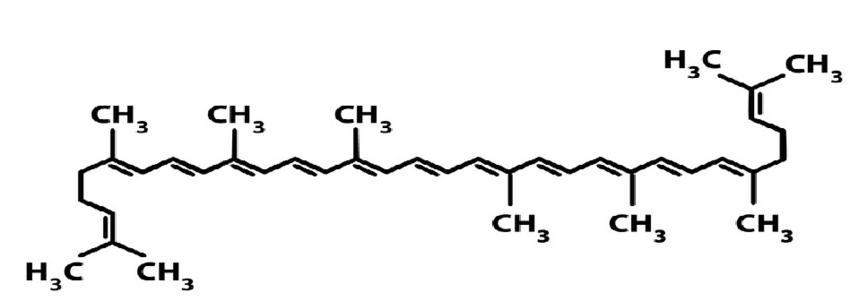Lycopene
Longevity Benefits
- Activates autophagy, a cellular process that eliminates waste.
- Halts growth and eliminates senescent cells (zombie cells).
- Reduces inflammation and oxidative stress.

Quantity of ingredient in each package
Method of consumption, and precautions
Production process and inspection.
Unlocking Longevity: The Power of Lycopene
Lycopene, a vibrant red pigment found abundantly in tomatoes and other red fruits and vegetables, has emerged as a powerful antioxidant with significant implications for human health and longevity.
Why Lycopene Matters for Longevity
- A Potent Antioxidant: Lycopene is a potent antioxidant that neutralizes harmful free radicals, which can damage cells and contribute to aging. Free radicals are unstable molecules produced during normal cellular processes and by environmental factors like pollution and UV radiation.
- Protects Against Age-Related Diseases: Studies suggest that lycopene may help reduce the risk of chronic diseases associated with aging, such as heart disease, certain types of cancer (particularly prostate cancer), and age-related macular degeneration (AMD).
- Supports Cellular Health: Lycopene may help protect cells from oxidative stress, DNA damage, and inflammation, all of which play a role in the aging process.
- Enhances Cardiovascular Health: Lycopene may help lower blood pressure, improve blood vessel function, and reduce the risk of heart disease by protecting LDL cholesterol from oxidation.
Boosting Lycopene Intake
Dietary Sources:
- Tomatoes (all varieties, including cooked, canned, and processed)
- Watermelon
- Pink grapefruit
- Guava
- Papaya
Supplementation:
- Lycopene supplements can be a convenient way to increase your intake, especially if you don't consume enough of these foods.
- Look for high-quality supplements with good bioavailability.
Important Considerations:
Consult with a Healthcare Professional: Before starting any new supplement, consult with a doctor or registered dietitian to determine the appropriate dosage and ensure it's safe for you.
Individual Needs: The optimal lycopene dosage may vary depending on individual factors such as age, health status, and dietary intake.
Disclaimer:
This information is for general knowledge and informational purposes only and does not constitute medical advice.
Lycopene, a vibrant red pigment found abundantly in tomatoes and other red fruits and vegetables, has emerged as a powerful antioxidant with significant implications for human health and longevity.
Why Lycopene Matters for Longevity
- A Potent Antioxidant: Lycopene is a potent antioxidant that neutralizes harmful free radicals, which can damage cells and contribute to aging. Free radicals are unstable molecules produced during normal cellular processes and by environmental factors like pollution and UV radiation.
- Protects Against Age-Related Diseases: Studies suggest that lycopene may help reduce the risk of chronic diseases associated with aging, such as heart disease, certain types of cancer (particularly prostate cancer), and age-related macular degeneration (AMD).
- Supports Cellular Health: Lycopene may help protect cells from oxidative stress, DNA damage, and inflammation, all of which play a role in the aging process.
- Enhances Cardiovascular Health: Lycopene may help lower blood pressure, improve blood vessel function, and reduce the risk of heart disease by protecting LDL cholesterol from oxidation.
Boosting Lycopene Intake
Dietary Sources:
- Tomatoes (all varieties, including cooked, canned, and processed)
- Watermelon
- Pink grapefruit
- Guava
- Papaya
Supplementation:
- Lycopene supplements can be a convenient way to increase your intake, especially if you don't consume enough of these foods.
- Look for high-quality supplements with good bioavailability.
Important Considerations:
Consult with a Healthcare Professional: Before starting any new supplement, consult with a doctor or registered dietitian to determine the appropriate dosage and ensure it's safe for you.
Individual Needs: The optimal lycopene dosage may vary depending on individual factors such as age, health status, and dietary intake.
Disclaimer:
This information is for general knowledge and informational purposes only and does not constitute medical advice.
